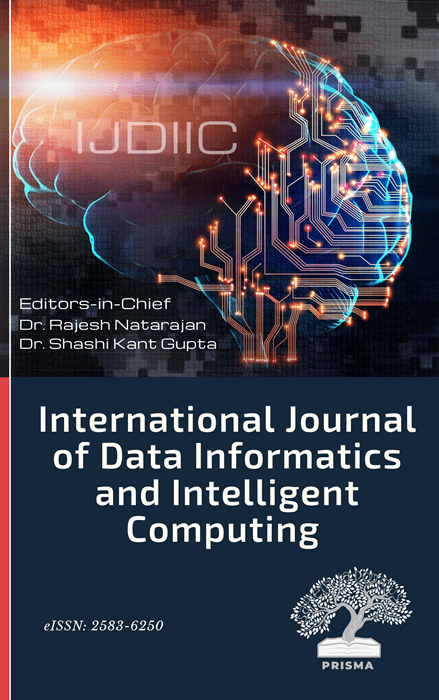Performance of re-ranking techniques used for recommendation method to the user CF- Model
DOI:
https://doi.org/10.59461/ijdiic.v1i1.9Keywords:
Recommendation Approach, Recommendation Accuracy , Diversity Approach, Re-Ranking Approach, User CF Model, Matrix valuesAbstract
The recent research work for addressed to the aims at a spectrum of item ranking techniques that would generate recommendations with far more aggregate variability across all users while retaining comparable levels of recommendation accuracy. Individual users and companies are increasingly relying on recommender systems to provide information on individual suggestions. The recommended technologies are becoming increasingly efficient because they are focusing on scalable sorting-based heuristics that make decisions based solely on "local" data (i.e., only on the candidate items of each user) rather than having to keep track of "national" data, such as items have been all user recommended at the time. The real-world rating datasets and various assessments to be the prediction techniques and comprehensive empirical research consistently demonstrate the proposed techniques' diversity gains. Although the suggested approaches have primarily concentrated on improving recommendation accuracy, other critical aspects of recommendation quality, such as recommendation delivery, have often been ignored.
Downloads
Downloads
Published
How to Cite
Issue
Section
License
Copyright (c) 2022 N. Thangarasu, R. Rajalakshmi, G. Manivasagam, V. Vijayalakshmi

This work is licensed under a Creative Commons Attribution-ShareAlike 4.0 International License.








